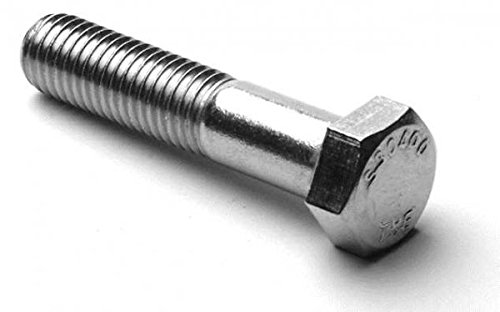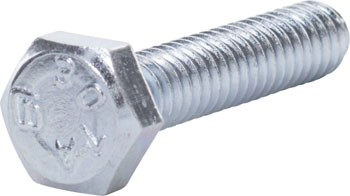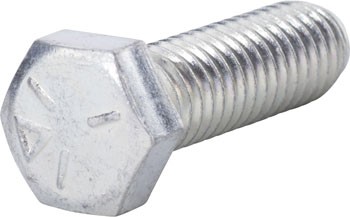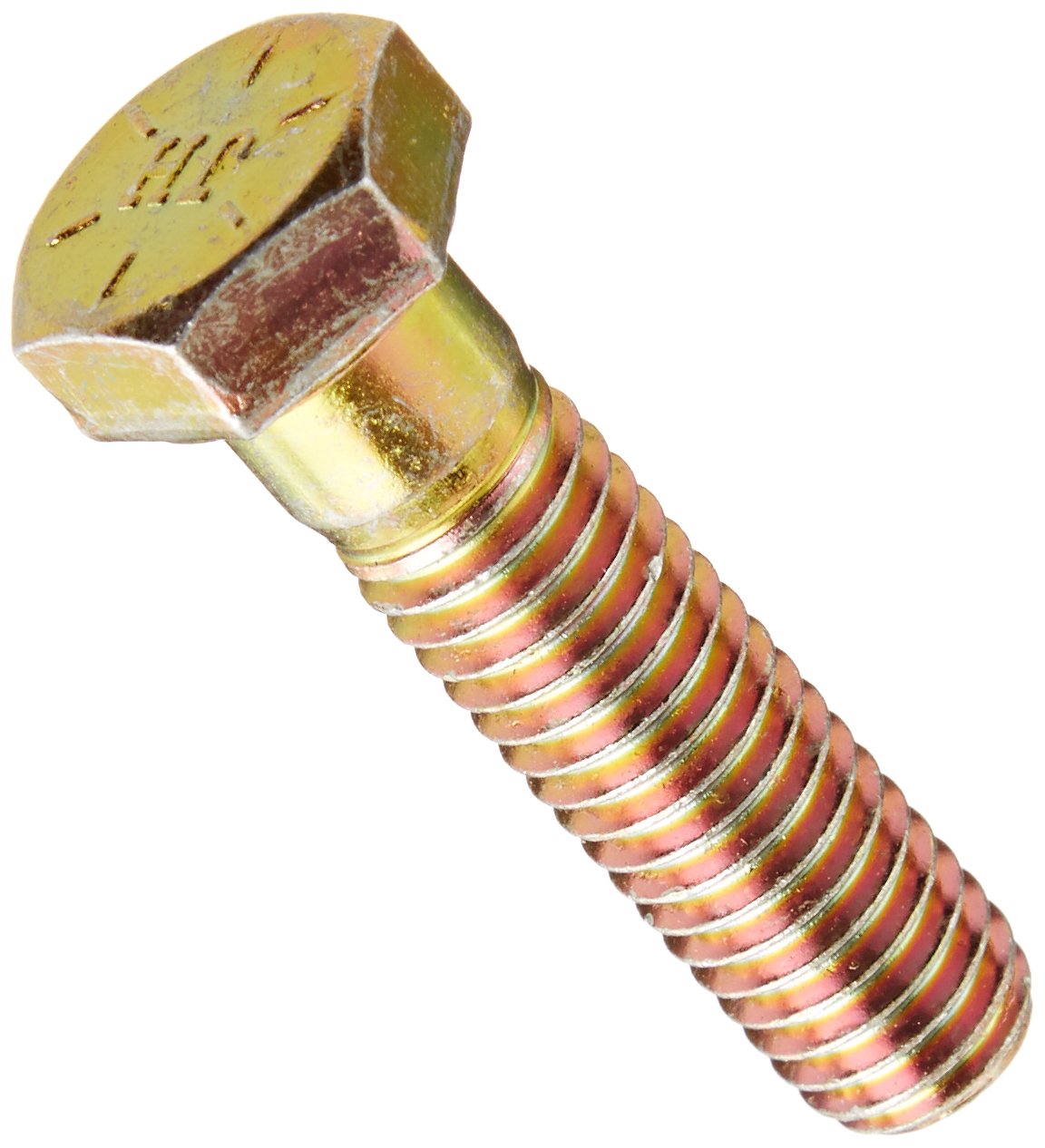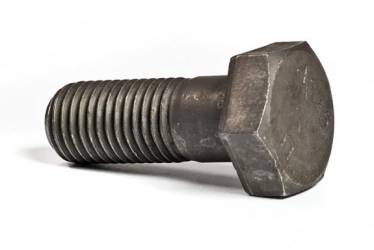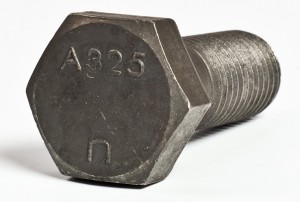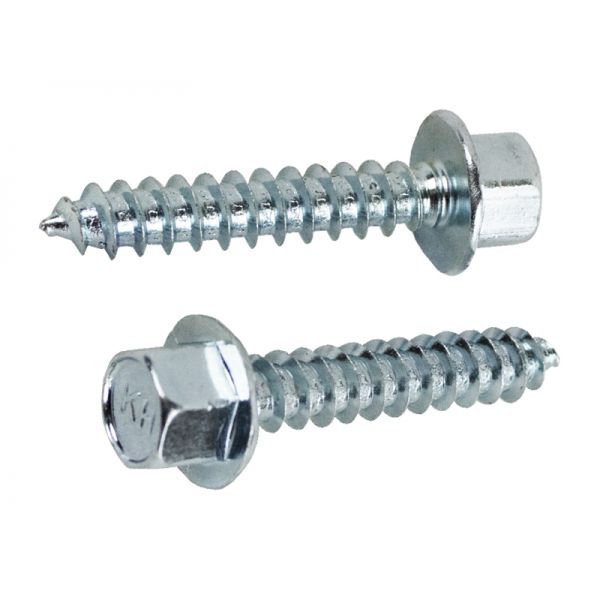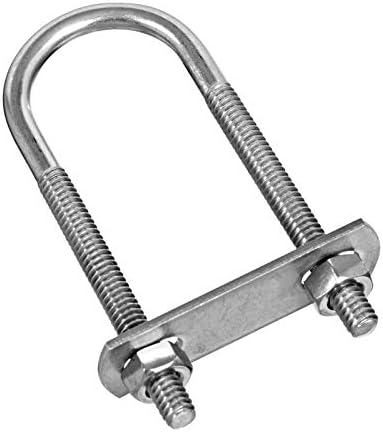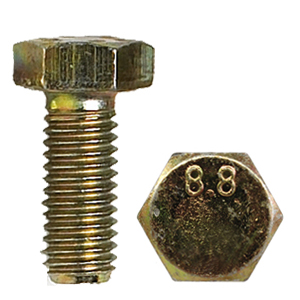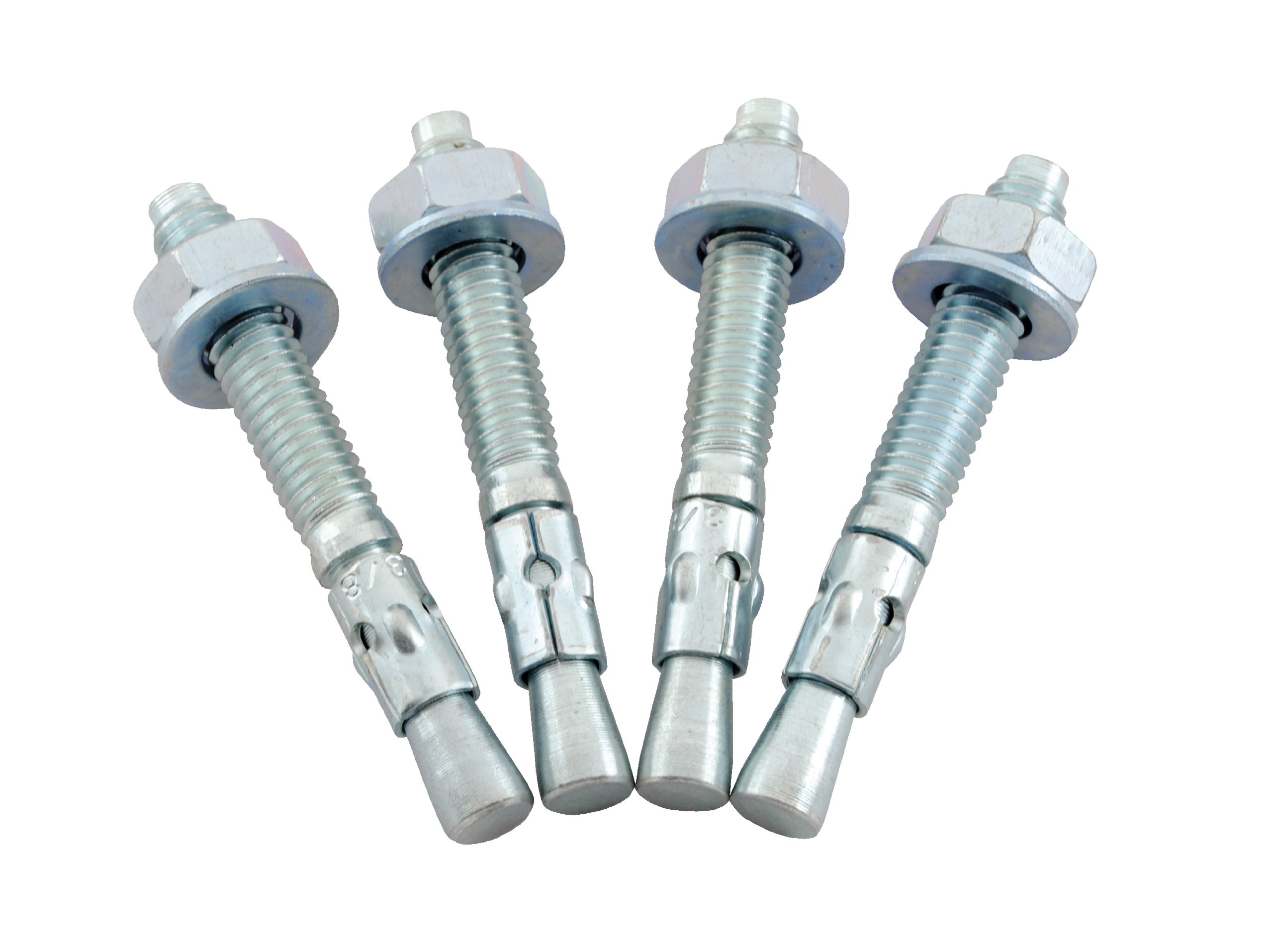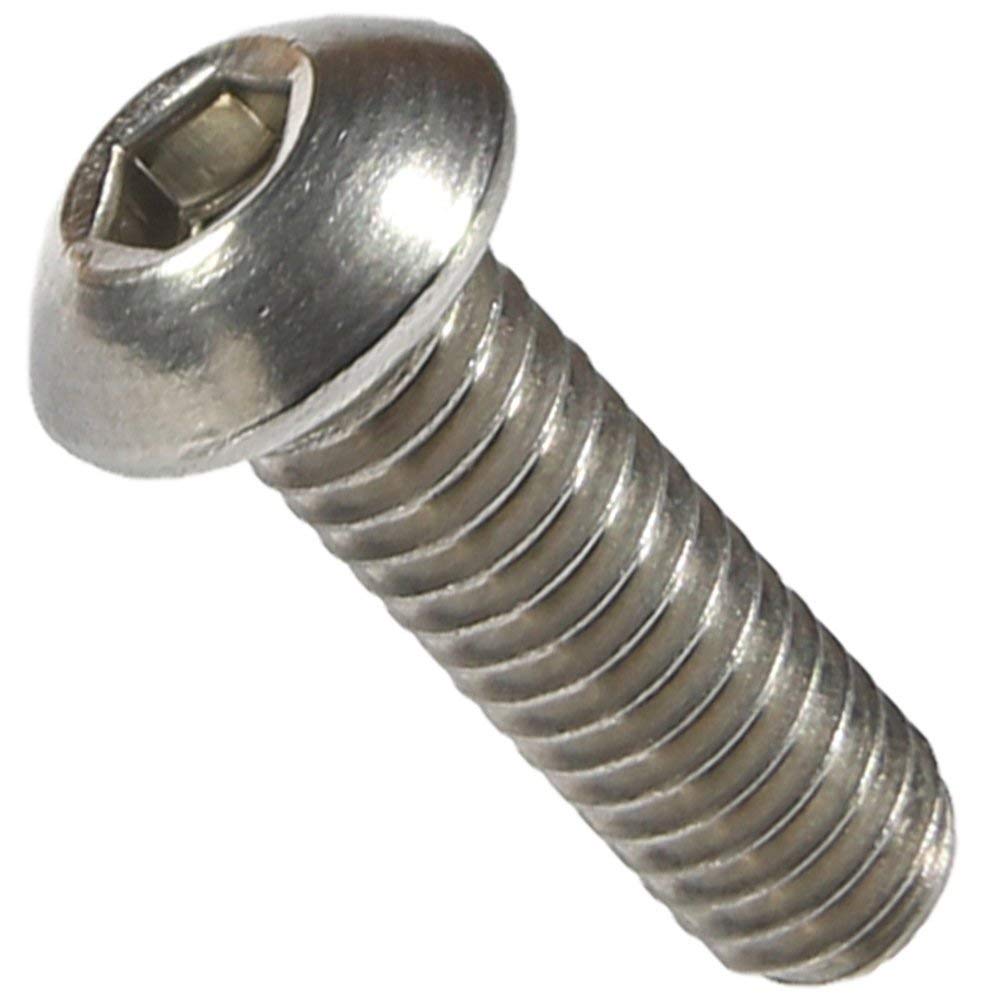Domestic and Import Bolts
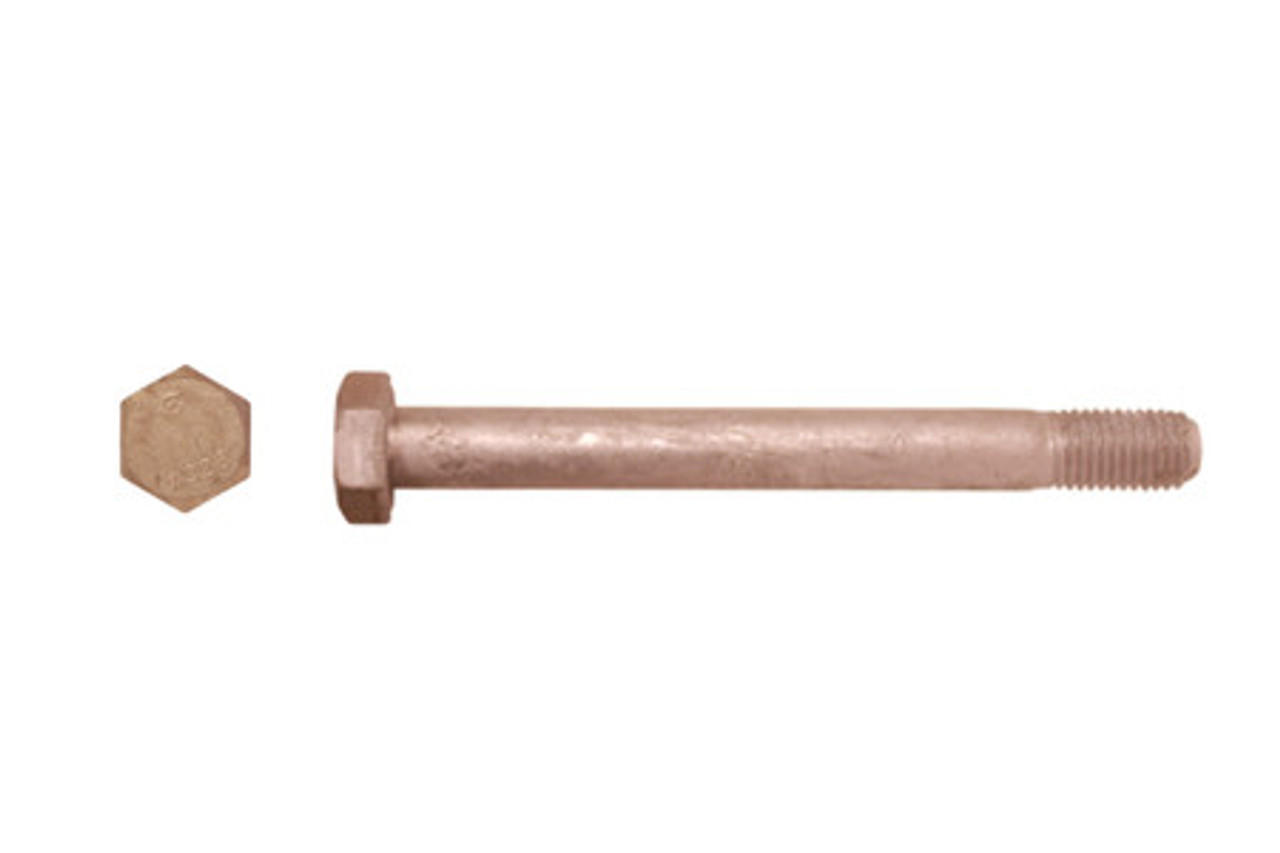
Domestic bolts refer to bolts that are manufactured and sourced within the same country where they are used or sold. The term "domestic" indicates that the bolts are produced and distributed locally, as opposed to being imported from other countries.
The use of domestic bolts offers several advantages. Firstly, it supports local industries and manufacturers, contributing to the domestic economy. It promotes job creation, helps maintain manufacturing infrastructure, and reduces reliance on imported goods.
Domestic bolts also often adhere to local standards and regulations, ensuring compliance with quality and safety requirements specific to the country of use. This can provide reassurance to consumers and businesses that the bolts meet established industry standards and have undergone appropriate testing and certification.
Furthermore, sourcing domestic bolts can contribute to shorter lead times and improved supply chain efficiency. Local availability can help reduce shipping and transportation costs, as well as minimize potential delays associated with international logistics.
The specific characteristics and specifications of domestic bolts can vary depending on the country and its manufacturing practices. They are available in different types, sizes, materials, and grades to suit various applications across industries such as construction, manufacturing, infrastructure, and automotive.
When considering the use of domestic bolts, it is important to ensure they meet the necessary requirements for the intended application. This may involve verifying compliance with relevant standards, understanding the specific performance characteristics of the bolts, and considering factors such as load capacity, corrosion resistance, and environmental conditions.
Overall, domestic bolts offer local sourcing benefits, compliance with local standards, and potential supply chain advantages. They are a viable option for many applications and contribute to the economic and industrial development of a country.
 SCREWS
SCREWS
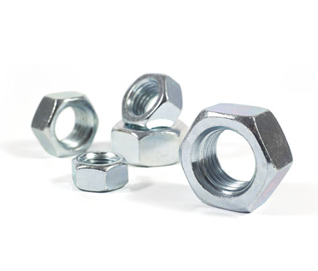 NUTS
NUTS
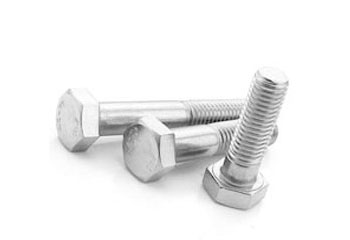 BOLTS
BOLTS
 WASHERS
WASHERS
 SPACERS & STANDOFFS
SPACERS & STANDOFFS
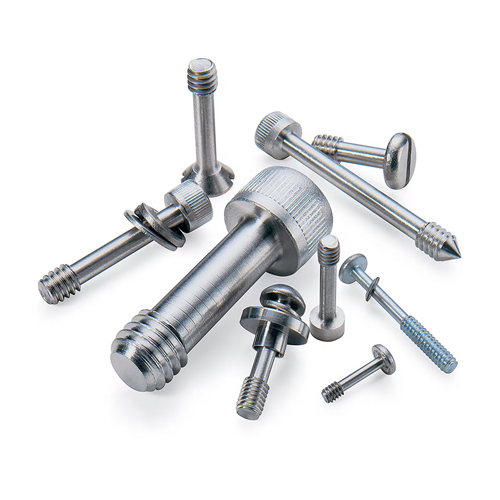 PRECISION/CUSTOM PARTS
PRECISION/CUSTOM PARTS
 PINS
PINS
 WIRE HANDLING
WIRE HANDLING
 INSERTS
INSERTS
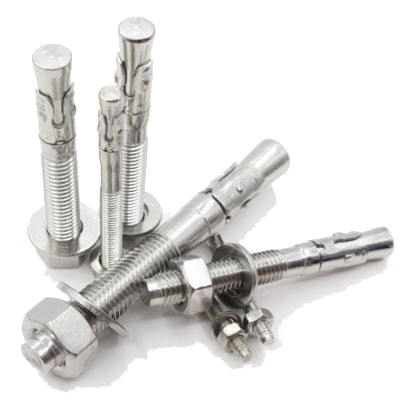 ANCHORS
ANCHORS
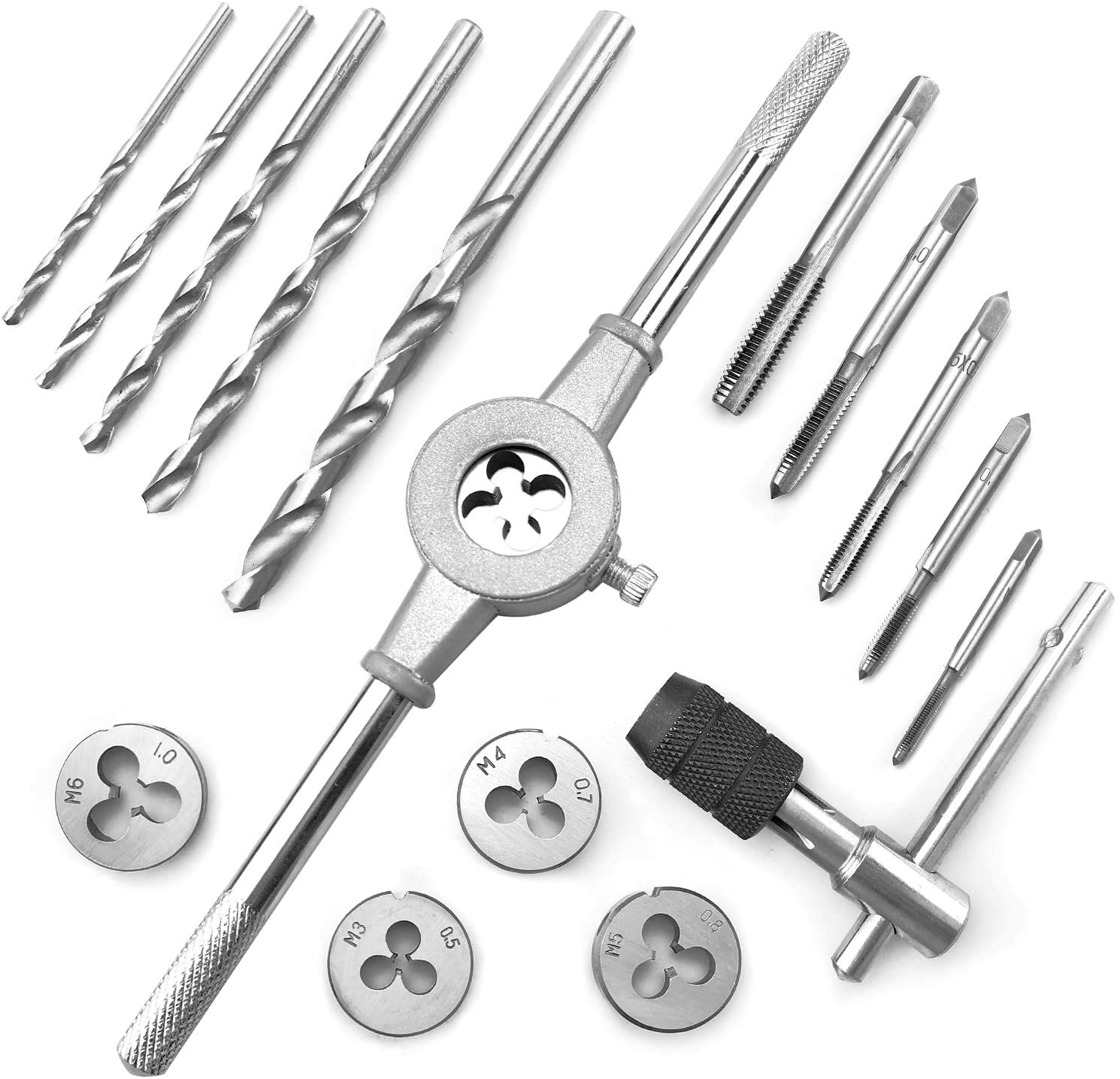 DRILL BITS, TAPS, & DIES
DRILL BITS, TAPS, & DIES
 ABRASIVES & SAWBLADES
ABRASIVES & SAWBLADES
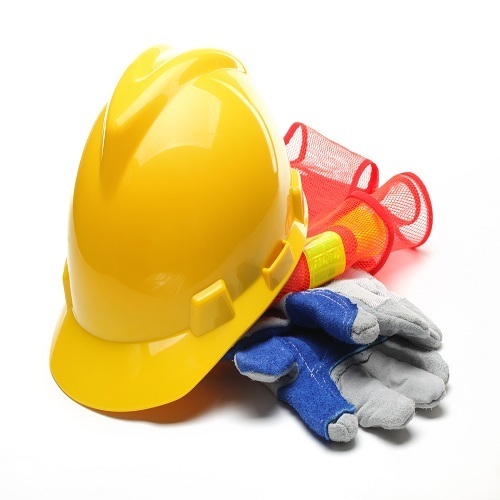 SAFETY EQUIP.
SAFETY EQUIP.
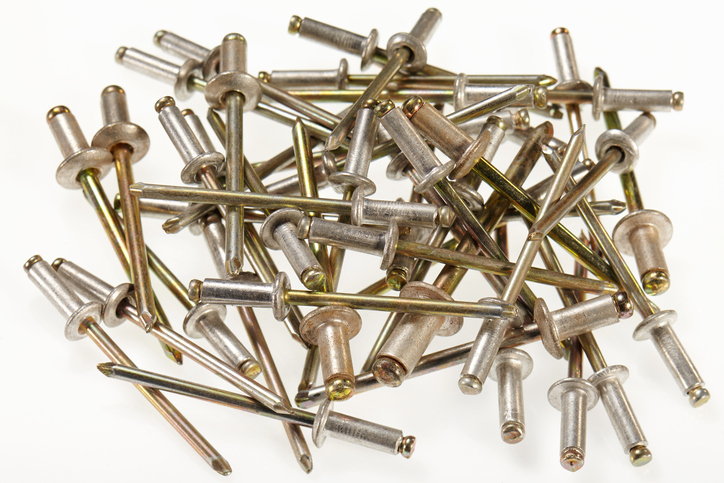 MISC.
MISC.
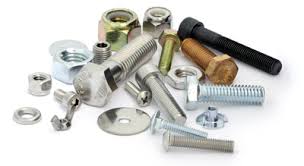 MATERIAL TYPES
MATERIAL TYPES
 PLATING TYPES
PLATING TYPES
